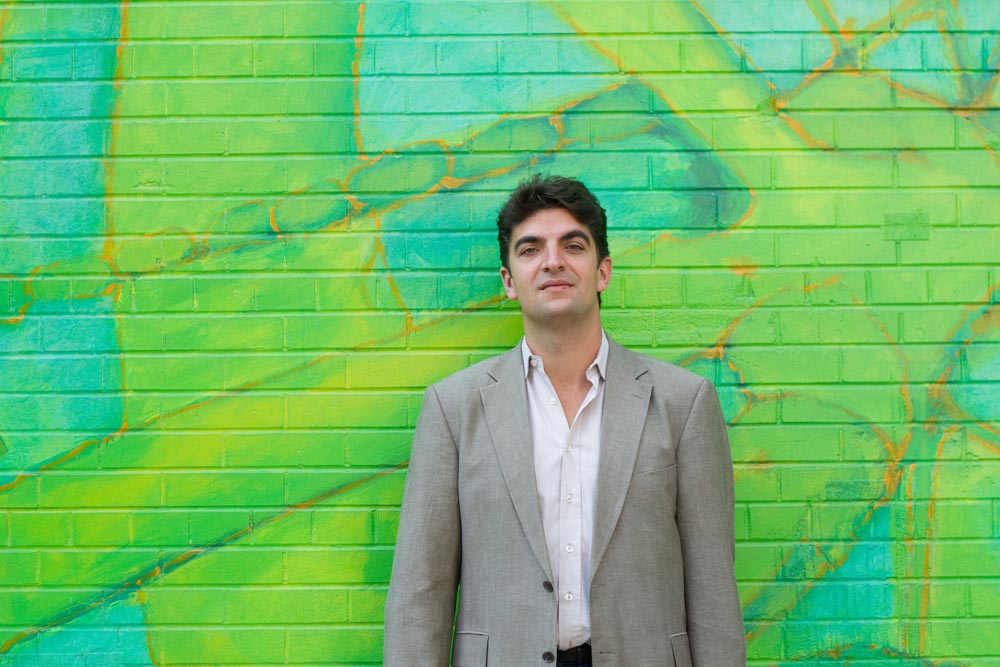By Leslie Walker
Ryerson’s faculties of interior design and architectural science are thinking ahead — to the year 2050.
Ryerson is the first Canadian university to get involved with Future City Lab, an open-source project for leading engineers, universities, and scientists from around the world to share ideas and information about developing sustainable cities by 2050, taking into account issues such as climate change, limited resources, and growing urban populations.
Taymoore Balbaa, a Ryerson interior design professor, said that since Future City Lab is a global initiative, each school involved can bring its own local issues to light. This makes Ryerson a sort of “spokesperson” for Toronto and its issues.
“At Ryerson, we’re happy to take this project by the horns. At the beginning, we must set the bar high and set a very high standard in terms of what’s expected from each university and what their contribution is,” Balbaa said.
Balbaa expects that more Canadian universities will get involved over time.
Under the guidance of Annick Mitchell and Balbaa from the department of interior design and Colin Ripley and John Cirka from the department of architectural science, roughly 40 to 50 Ryerson students are working on the project this semester.
According to Balbaa, work on the Future City Lab project is implemented into the design studio course for interior design students.
Students compile research regarding factors that are currently affecting cities now and will become bigger issues with time. These are issues that impact the way students design: climate change, public transit, growing populations, increasing disparity between the rich and the poor, consumption of power, and food security, to name a few.
This semester, interior design students are focusing on the adaptive re-use of existing buildings.
Balbaa said working on the Future City Lab project has many benefits for students. Being part of a network that shares its research means that students are exposed to a lot of great ideas, they get to network with like-minded designers around the world, and see how similar issues are faced worldwide.
Since Future City Lab is accessible, students can engage directly, have their work exposed to a growing network of people, and get feedback for their work.
Balbaa said that working on the Future City Lab project benefits the university as well.
“Through Future City Lab, I really feel that we can create a powerhouse of expertise and a powerhouse of research and fresh ideas to positively influence the roads that our cities will take,” he said. “This is really going to bridge theory and practice…it can forge some very positive and strong bonds as our cities march forward.”












Leave a Reply